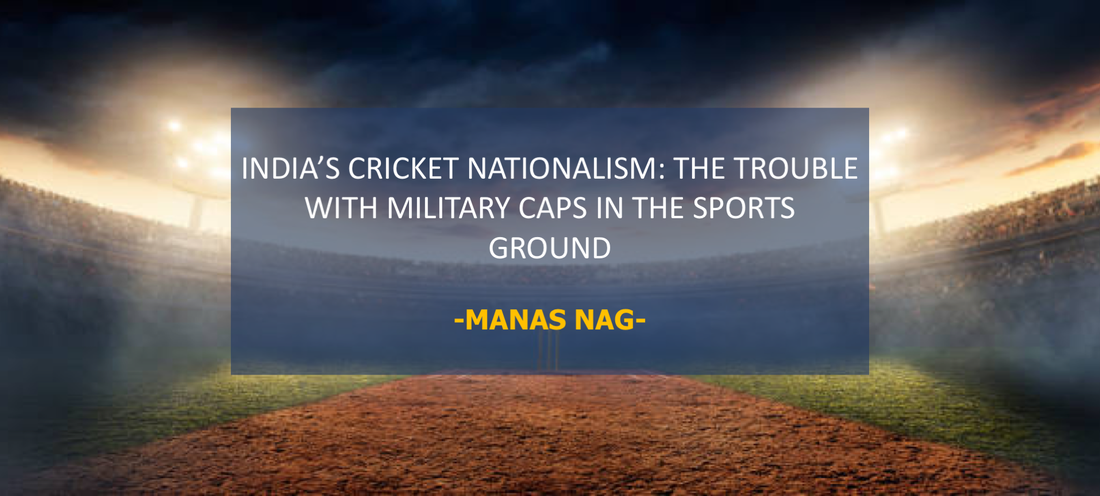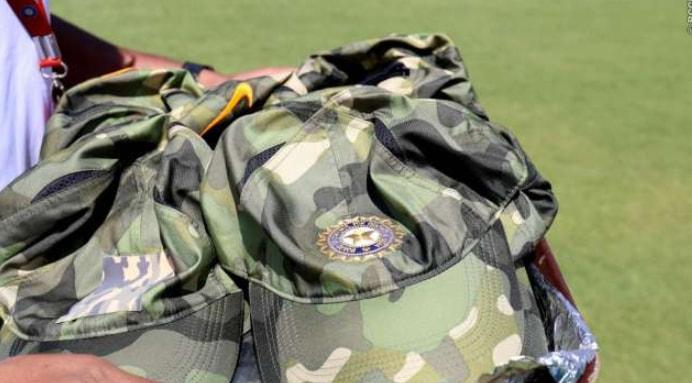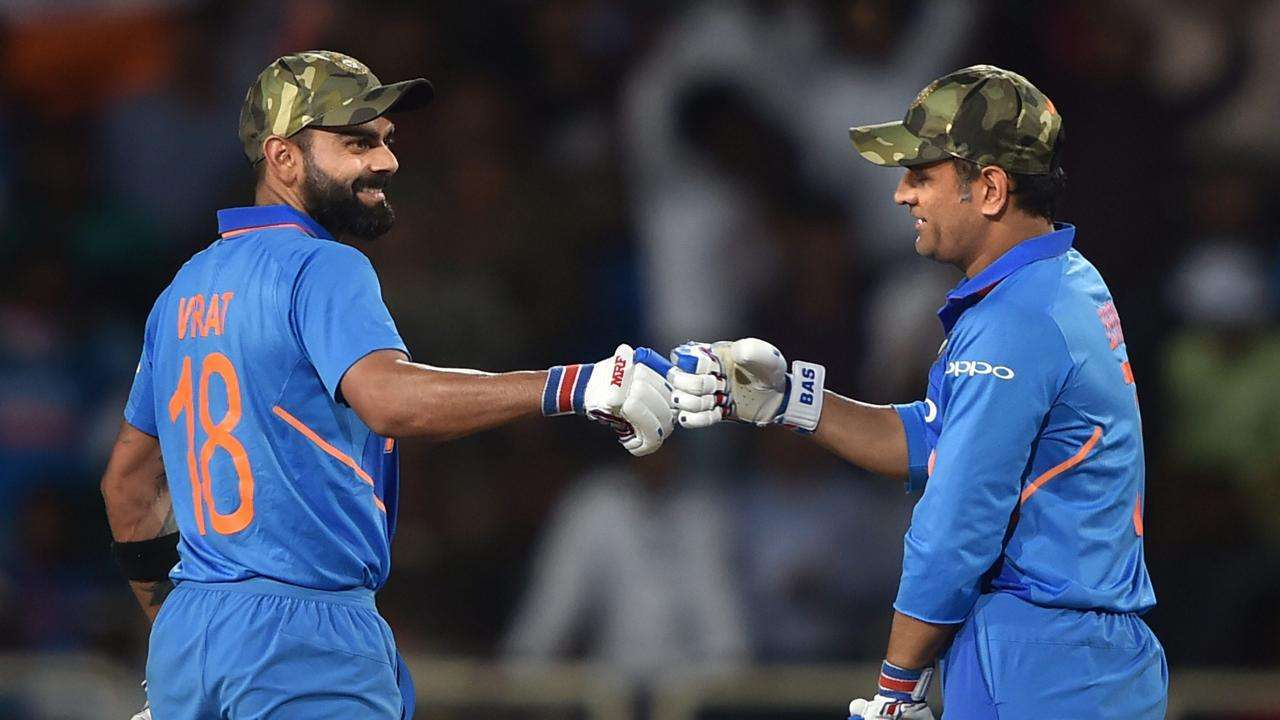ECONOMICS STUDY CENTER, UNIVERSITY OF DHAKA
|
MANAS NAG It's the ICC Cricket World Cup season again. And you could walk through the streets of Dhaka only to find people gathering outside the tv showrooms. All curious eyes trying to look through the fancy glass walls. Passers-by from the slow-moving traffic throwing random questions of “What’s the score? Can we win today?” I don’t want to be “that guy” but hey! life in South Asia is hard. There’s unbearable traffic congestion, extreme air pollution, and of course millions of people surviving life on a day to day basis living with less than a dollar income. And cricket matches are the only possible solace for hundreds of thousands of people like us living in this part of the world. Amidst all these, the few times we feel better about our state is when Bangladesh snatches a victory against the English in a World Cup Tournament. Because? Well, because it is an easy validation that we require. Neighboring India fares no better either. Beyond the glamour and glitter of Bollywood stars earning billions, every fifth child that dies of malnutrition before the age of five ironically lives in India. But winning cricket matches against Australia make us forget all that. It's the easiest way to celebrate the jingoistic nationalism for over a billion Indians who face the same economic struggles. You ask, “What about poverty alleviation, job creation and building a less misogynistic society?” Really? Who does that! It's a long slow process. But winning a match against the mighty Aussies is so much more satisfying, at least in the short-term. Up until this point, any of you could very well argue, hey! mind your own business. Let the people forget their sad state and have this moment of instant gratification. And I would have been very happy to oblige. Until a few weeks back, when the Indian National Cricket team decided to play against Australia, wearing the army camouflage caps as a mark of tribute to the loss of lives in Pulwama terror attack and the armed forces. The Chai (tea) nationalism has been brewing for too long and it has started to taste bitter in fact. From prime time tv show hosts to everyday Indians, everyone was angry after the terror attacks. All of this anger had to be channeled somewhere. And it did. They all wanted a full-fledged war with Pakistan until it backfired; Indian Air Force pilot Abhinandan was caught by Pakistan and later was returned to India. A good number of Indians came to their senses and realized war after-all wasn’t as easy. And they might also have underestimated Pakistan’s military might. The next easy target was, of course, the Kashmiris themselves. This whole array of incidents witnessed an ugly side of ultra-nationalism, an increase of mob attacks on Kashmiris living in various Indian states. Only last week, a Kashmiri fruit seller in Lucknow was beaten by a group of Saffron-clad men until a good Samaritan stepped in. On one hand, India wants Kashmiris to be part of the Indian identity and on the other Kashmiris are treated like the outsiders. This far-right “Hindu nationalism” has its roots in the traditional Indian jingoism especially against Pakistan and the Muslims. And it wants to shape everyone in one Indian identity. And that’s what ultra-nationalism teaches. A brittle sense of pride in military intervention and support for even the most unjust of wars. A paradox of massive respect for the military but reluctance on the state of the military men who serve. A good case in hand could be the United States which faces the dilemma of homeless war veterans on one hand and an urge to spread the American Creed on the other. There have been numerous reports of Indian Army men (Border Security Force) complaining about the poor living conditions and sub-standard food served to them, only to be dismissed from the job. But that doesn’t make a good poster for Nationalism, does it? Neither do the faces of hundreds of farmers in India who commit suicide because of mounting debts. Cricket in South Asia has always been an ugly display of ultra-nationalism and has been sensationalised by the Indian media. Two underdeveloped countries trying to prove their superiority in the cricket field - where it matters the least. Thus, the Indian Cricket Team's decision to bring in the military and army caps in a sports field does little to better the living condition of the Armymen. All it does is to make the brewing ultra-nationalism a little more bitter and convoluting the promise of “sportsmanship” where national politics, race, religion have no place. Kashmir is a complex issue of self-determination for its people. And it should not be solved by cricketers at a cricket ground. The stakes involved are a lot bigger than a game of sports. And hence it is better off left that way.
4 Comments
3/12/2022 10:46:58 am
I have read your article. Such a good and informative. Sports is my passion. I have loved sports since childhood. Love to play I also like to watch <a href="https://honestbaseball.com/what-does-fps-mean-in-baseball/">sports</a>
Reply
8/12/2022 11:15:24 am
A long read, but well worth it! Thank you for writing such an excellent article!
Reply
9/14/2023 07:46:43 am
Short and sweet read, yet so insightful. Looking forward to more good articles like this "India’s Cricket Nationalism: The Trouble with Military Caps in the Sports Ground" from you.
Reply
Leave a Reply. |
Send your articles to: |




